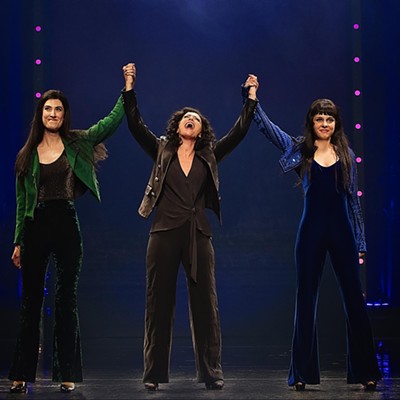Support Us
Houston's independent source of
local news and culture
account
- Welcome,
Insider - Login
- My Account
- My Newsletters
- Contribute
- Contact Us
- Sign out
[
{
"name": "Related Stories / Support Us Combo",
"component": "11591218",
"insertPoint": "4",
"requiredCountToDisplay": "4"
},{
"name": "Air - Billboard - Inline Content",
"component": "11591214",
"insertPoint": "2/3",
"requiredCountToDisplay": "7"
},{
"name": "R1 - Beta - Mobile Only",
"component": "12287027",
"insertPoint": "8",
"requiredCountToDisplay": "8"
},{
"name": "Air - MediumRectangle - Inline Content - Mobile Display Size 2",
"component": "11591215",
"insertPoint": "12",
"requiredCountToDisplay": "12"
},{
"name": "Air - MediumRectangle - Inline Content - Mobile Display Size 2",
"component": "11591215",
"insertPoint": "4th",
"startingPoint": "16",
"requiredCountToDisplay": "12"
}
,{
"name": "RevContent - In Article",
"component": "12527128",
"insertPoint": "3/5",
"requiredCountToDisplay": "5"
}
]
Houston-based science fiction author Paul Barclay recently saw his short story “Into the Light” published in the anthology Only Disconnect from Third Flatiron Publishing. It’s a remarkable short that imagines a world where terminally ill and badly injured people can be transported through holograms to attend events out in the world where they might not otherwise be able to go.
Dr. Adelaide Lawrence is the gruff, distant scientist working on perfecting the technology which would enable a man stuck in a burn unit with severe third-degree burns to see his young daughter’s dance recital.
Remarkably, Barclay’s story isn’t all science fiction. He mentions the work of Hunter Hoffman as the inspiration of Lawrence’s project. Hoffman is a real person who has developed virtual reality programs that help burn patients escape into video game worlds while they are having their wounds cleaned and burnt skin sloughed off.
“He’s kind of one of my secret heroes,” says Barclay. “I saw him speak at a conference a while ago and it stuck with me. Projecting people into other realities has a huge effect on the pain of these patients.”
The patient in the story is Dr. Hughes, and he is delighted to find himself projected into his daughter’s performance. Opal Hughes dances and then runs delightedly into his arms at the end of the session. It’s an amazing testament to the power of presence and incredibly moving.
“I set out to explore the nature of being present with this,” says Barclay. “You can be as absent in person as you can be online, and you can be as present in email or text as you can in real life. It’s not the technology that divides us.”
A reporter, Raider, who witnesses the demonstration is dismissive of the idea. He declares Hughes a deadbeat too lazy to attend the recital until Lawrence explains the situation. Even after he sees the hard-light miracle he wonders if people will just use it to avoid social obligations.
“At the time I was writing I was reading a lot of backlash articles about Facebook,” says Barclay. “How it lowers our attention span and creates echo chambers were you only hear agreement. I think people have a tendency to conflate technology with the problems that technology simply enables. People naturally creates echo chambers anyway. It’s not the technologies fault.”
Only Disconnect is available now.
KEEP THE HOUSTON PRESS FREE...
Since we started the Houston Press, it has been defined as the free, independent voice of Houston, and we'd like to keep it that way. With local media under siege, it's more important than ever for us to rally support behind funding our local journalism. You can help by participating in our "I Support" program, allowing us to keep offering readers access to our incisive coverage of local news, food and culture with no paywalls.
Jef Rouner (not cis, he/him) is a contributing writer who covers politics, pop culture, social justice, video games, and online behavior. He is often a professional annoyance to the ignorant and hurtful.
Contact:
Jef Rouner
Trending Arts & Culture
- Houston Bookstore Crawl Celebrates Small Businesses and Literary Diversity
- Reviews For The Easily Distracted:
Abigail - The Story Stalls But The Beat Goes On in The Cher Show at TUTS
-
Sponsored Content From: [%sponsoredBy%]
[%title%]

Don't Miss Out
SIGN UP for the latest
arts & culture
news, free stuff and more!
Become a member to support the independent voice of Houston
and help keep the future of the Houston Press FREE
Use of this website constitutes acceptance of our
terms of use,
our cookies policy, and our
privacy policy
The Houston Press may earn a portion of sales from products & services purchased through links on our site from our
affiliate partners.
©2024
Houston Press, LP. All rights reserved.





